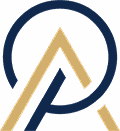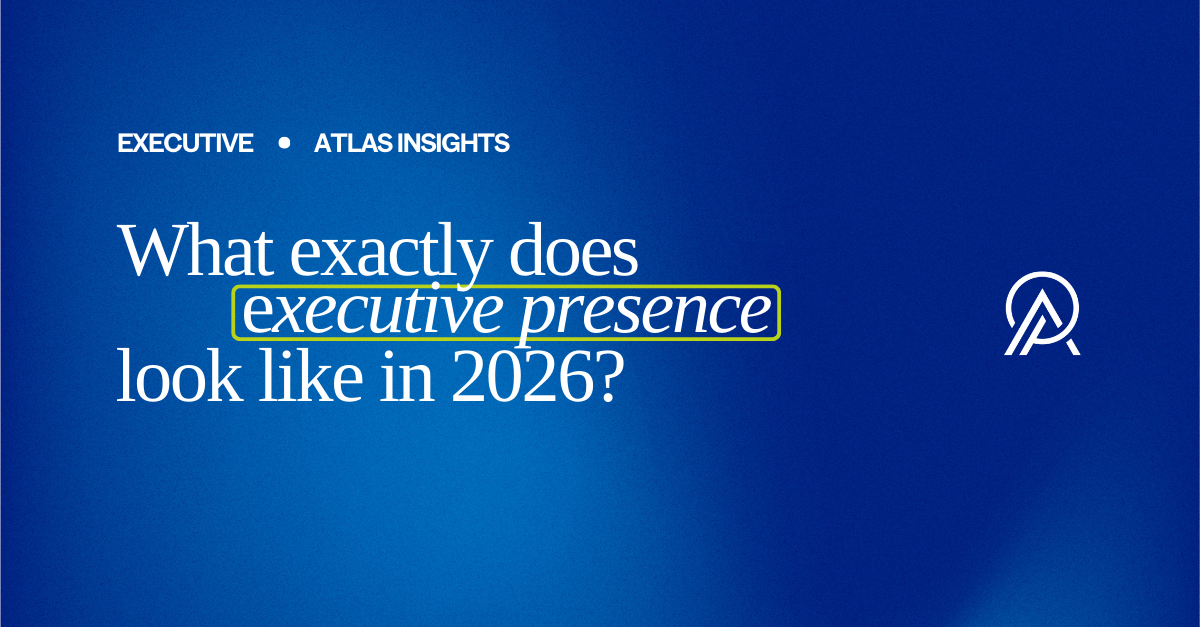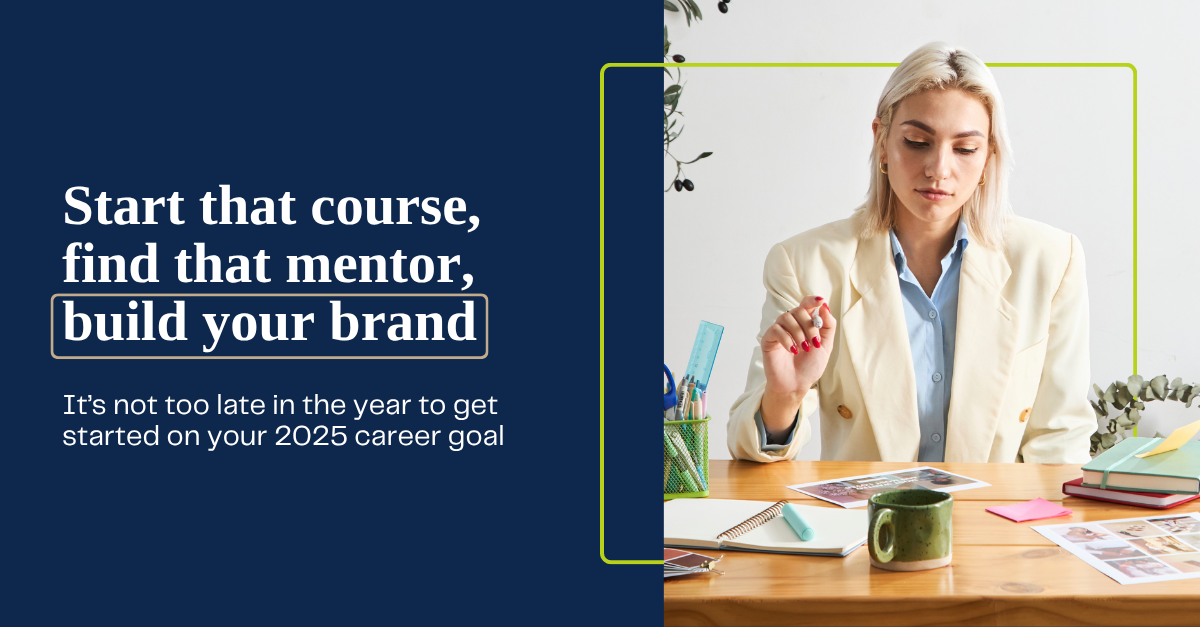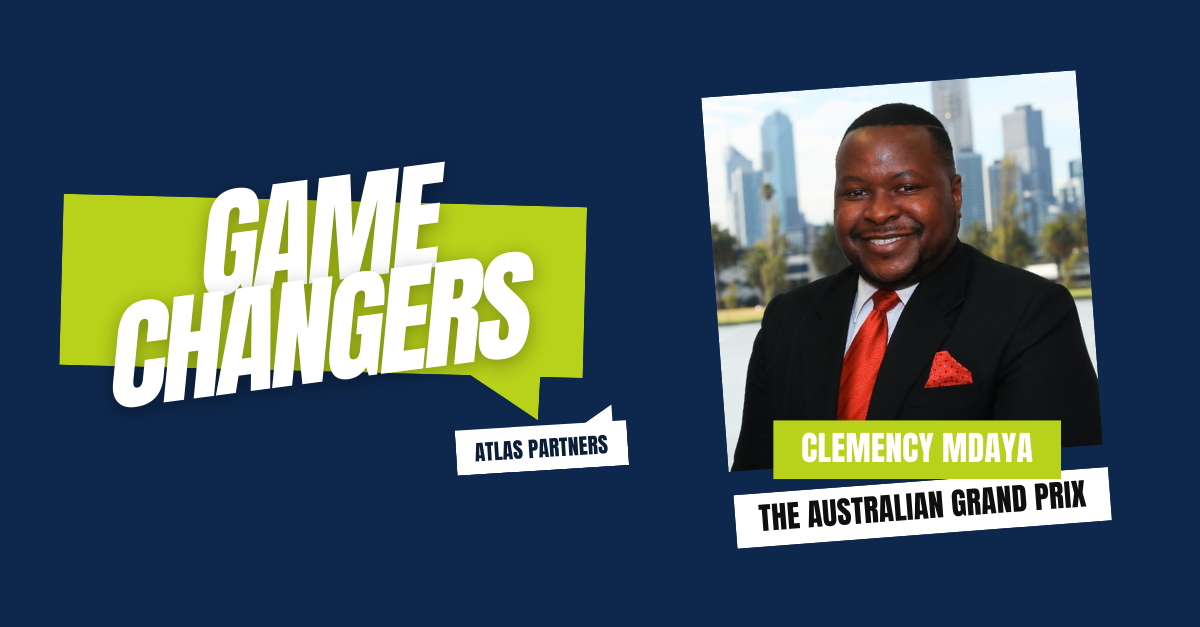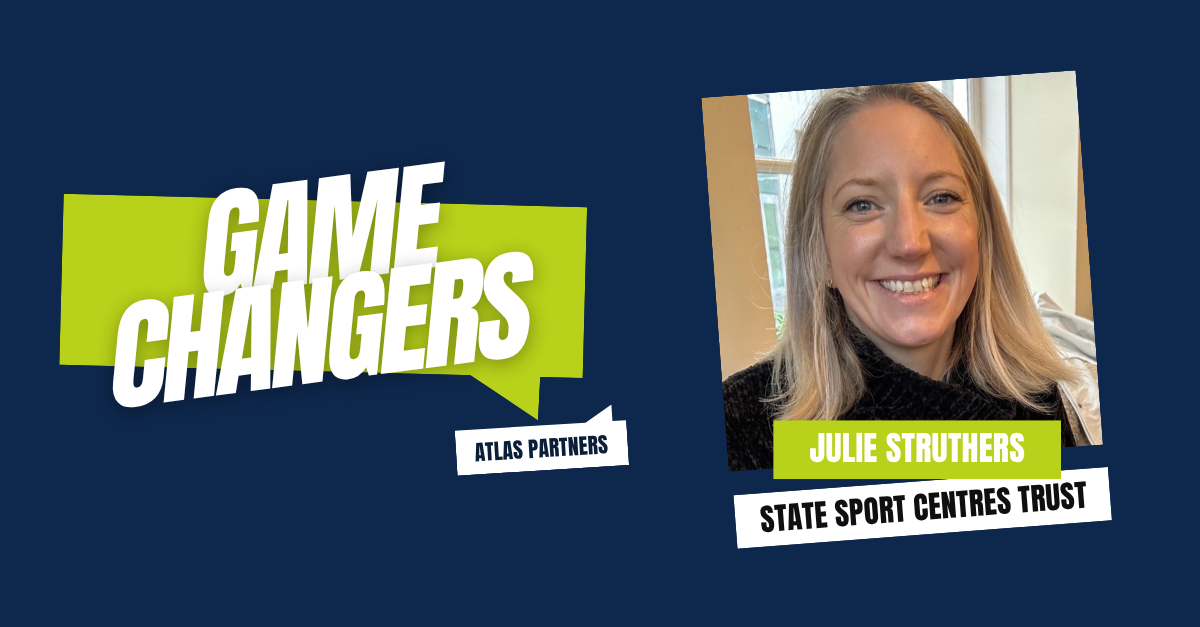
From Edinburgh to Melbourne’s sporting heart. For Julie Struthers, GM of Finance at the State Sports Centres Trust, it’s been a career defined by curiosity, transformation and purpose. In this episode of Game Changers, Julie reflects on her journey from chartered accounting in Scotland to executive leadership across banking, finance transformation and now high-performance sport.
She shares how a phone call in London set her on a path to Australia, the lessons learned building teams and saving over 100,000 hours at NAB, and why aligning work with personal values became her ultimate career pivot.
Julie also opens up about leadership, building flexible workplaces, and the power of using finance “superpowers” for good — ensuring more Victorians can access world-class sporting facilities.
Liam
Welcome back to Game Changers. My name’s Liam Killen. My guest today is Julie Struthers, GM of Finance at the State Sports Centres Trust — the organisation behind some of Victoria’s most iconic venues, including the Melbourne Sports and Aquatic Centre, Lakeside Stadium, and the State Netball and Hockey Centre.
Julie’s career has taken her from Scotland to Melbourne, spanning professional services, banking and transformation at NAB, before stepping into executive leadership in sport.
Julie, thanks so much for joining me.
Julie
Thanks very much for having me.
Liam
Let’s start at the beginning. What first drew you into accounting and finance — and how did those early years in Scotland shape your career?
Julie
It’s actually a funny story. In Scotland, you choose your high school subjects around 15, which sets you up for university. My mum asked what I wanted to do with my life. I said I wanted to travel the world… and buy lots of shoes.
She asked what I liked at school, and I said accounting, business and maths. She suggested I consider being an accountant. At the time, my sister worked for the Institute of Chartered Accountants of Scotland, and she gave me a list of nearby accounting firms. I wrote to them, got some summer internships, and one of the firms offered me an after-school job.
From there, I was hooked. I loved how everything balanced and made sense. That’s really where my passion for accounting started.
Liam
Looking back, what lessons from those early years set you up as a leader today?
Julie
The discipline of the Big Four was huge. A phrase I still use all the time is: “If it’s not documented, it’s not done.” It’s about being thorough, ensuring everything’s done properly and bringing people along on that journey — not just policing them.
The other big lesson was kindness. The woman who hired me after school, Victoria, supported me right through university and remains a mentor and friend today. She’d experienced what it was like to be a woman in accounting when there weren’t many others to look up to, and she made it her mission to help people. That’s something I’ve carried with me.
Liam
You mentioned your childhood ambition to travel — and you ended up about as far from Edinburgh as possible. You trained as a chartered accountant in Scotland and then moved to Melbourne. How did that come about?
Julie
A lot of hard work — and a bit of luck. When you finish your CA in Scotland, the Institute shares your details with recruiters. I got a call inviting me to a job fair in London.
I love London for holidays, but I didn’t want to live there. They asked where else I’d like to go. I said Australia. They connected me with a recruiter, and within a month I had a job offer with Deloitte Melbourne. A few months later, I was here.
Liam
What were your first impressions of Melbourne’s working culture compared to Edinburgh?
Julie
They’re actually quite similar — very team-oriented. Deloitte Melbourne felt much like EY in Edinburgh. Even Friday night drinks were the same.
The biggest cultural difference I noticed personally was that people in Australia tend to live at home longer. In Scotland, most people move out at 18. Over here, a lot of my colleagues were still living with their parents well into their mid-20s, so their weekends were spent with their old friends. It wasn’t personal — just different.
Liam
I’ve heard it can be tough for expats to break into social circles here.
Julie
Yes, that’s true. I was lucky to meet other expats who’d moved at the same time. We made great Australian friends too, but the expat community really helped me settle in.
Liam
Your first move out of practice was to Crowe Horwath, and then on to Cleanaway. What was that transition into industry like?
Julie
It was great to get on the other side of the table. As an auditor, it can be frustrating giving the same recommendations every year and seeing nothing change. Moving in-house helped me understand why.
I discovered I love transformation — setting up shared services, improving systems. Once everything at Crowe was running smoothly, I got itchy feet. Cleanaway was relocating its finance function from Brisbane to Melbourne, so it was a chance to build from scratch again.
Liam
Your CV shows a huge breadth of experience. After waste management, you went to NAB and spent 16 years in senior roles. What stands out from that time?
Julie
Culture. I realised how important it is to work somewhere values-led. NAB was an incredible environment — supportive, full of learning opportunities.
I started in external reporting, then moved into business partnering for the Corporate and Institutional Bank. That role taught me the power of asking “why” — understanding the story behind the numbers.
I also had a brilliant mentor, Tanya Foster, who backed my ideas and helped me move into the finance transformation team. That’s where I probably had the most fun.
Liam
One of your big achievements at NAB was leading a project that saved 100,000 hours of work. What made that successful?
Julie
Asking questions. We created an operating model called SOAP — Stop, Optimise, Absorb, Program — later refined to SOAR (Stop, Optimise, Automate, Resource).
We analysed every process. Could we stop it? Could we optimise it? Could we automate it with tools like Power Query or robotics? If not, how could we resource it better?
We reduced journal entries by around 20% and saved over 100,000 hours. A lot of it came down to challenging “we’ve always done it this way.”
Liam
Then you shifted into sport — joining State Sports Centres Trust in 2021. What drew you to the sector?
Julie
I loved NAB, but I wasn’t passionate about the subject matter. Talking about interest rates every day wasn’t inspiring me.
I worked with a career coach, and through that realised I wanted to use my “finance superpowers for good.” I was already volunteering with a community organisation, so the coach asked: “Why not do that full time?”
This role at State Sports Centres aligned perfectly with my values. We support everyone from babies learning to swim to Paralympians training for the world stage. I love that connection between physical health, mental health, and community.
Liam
Finance isn’t always the first thing people associate with sport. How do the two connect?
Julie
All roads lead back to finance. We pay the bills, receive the revenue, and make sure facilities are affordable and sustainable. Our job is to balance the numbers so that more people can access sport and community spaces.
Liam
You’ve spoken openly about juggling parenting and an executive role. How can organisations better support working parents
Julie
For me, it’s about genuine flexibility — not just one work-from-home day a week.
I drop my daughter at school in the morning, work focused hours, leave at 4:30, and sometimes log back in after bedtime. But it’s also about cultural change — normalising that dads need flexibility too.
And flexibility isn’t just for parents. It’s for anyone who has a life outside of work — gym, caring for parents, whatever matters to them.
Liam
Have you seen attitudes shift over time?
Julie
Yes. COVID changed everything. Younger generations are challenging old norms, and that’s a good thing. Work isn’t 9 to 5 anymore. Organisations need to adapt to how people actually live their lives.
Liam
What daily habits help you operate effectively?
Julie
Coffee and wine help! But seriously — boundaries. I’m clear about my time and honest if something doesn’t work with my schedule.
I’ve also learned to be kind to myself. Sometimes family comes first. Sometimes work does. That balance isn’t perfect, but being honest with myself and others helps me manage it.
Liam
Looking back, what’s a sliding doors moment in your career?
Julie
Definitely that phone call from the recruiter in London. If they hadn’t asked where else I wanted to live, I might never have come to Australia.
Another big one was leaving NAB. I could have stayed and built a long career there, but I chose to align my work with my values.
Liam
What advice would you give to women aspiring to senior leadership roles?
Julie
Find your voice — even when it’s not about your area of expertise. For me, that was outside pure finance.
Ask questions. You don’t need to have all the answers. If you’re in the right environment, your questions will be valued, and they’ll help shape the conversation.
Liam
To close — what’s exciting you at State Sports Centres right now?
Julie
We’re entering a new phase of growth. I’ve recently handed over the people and culture portfolio, which lets me focus fully on finance.
We’re moving toward a rolling 12-month live forecast — a forward-looking view to help the business make better decisions. It’s about finance not just partnering but leading strategically.
Liam
Julie Struthers, thank you so much for joining me.
Julie
Thank you for having me.
